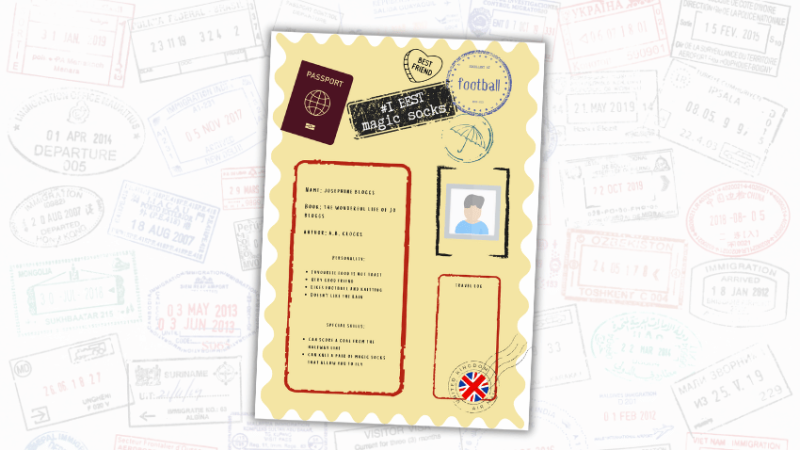What Kids Are Reading Report Shows Secondary Students Still Not Stretched

Nearly a million British schoolchildren polled, over 15 million books were read, and some of them weren't by Jeff Kinney or JK Rowling

- by Dirk Foch

The importance of reading and literacy in the school curriculum remains as important as ever. In the wake of challenging literacy rates across the nation, and relatively poor PISA scores, many were left asking what can be done to turn this worrying trend around.
At Renaissance we have this year released the 9th annual What Kids Are Reading report, drawing on data from over 848,219 British schoolchildren who, between them, have read well over 15 million books over the course of the 2015-16 academic year.
This is the largest data bank of children’s reading habits in the United Kingdom. Uniquely, it reveals which books primary and secondary pupils have actually read (not just borrowed or bought).
For primary school pupils in the UK the report makes for particularly interesting reading. Roald Dahl’s classic The Twits is the most frequently chosen and read by primary school pupils – demonstrating the enduring allure of this children’s favourite.

While traditional authors continue to delight and inspire, primary school pupils also showed that they were partial to more contemporary literature. Jeff Kinney’s Diary of a Wimpy Kid and David Walliams’ Gangsta Granny featured frequently on the most popular in primary school lists. Interestingly, both these titles were also the top two most chosen and read in secondary schools.

The fact that these particular titles appear so popular with both primary pupils and secondary students is perhaps, as What Kids Are Reading report author Professor Keith Topping suggests, a symptom of lack of ‘challenge’ at secondary school.
Indeed, his findings show that primary school pupils typically push themselves to read more complex books than secondary school students. Where in the final year of primary school, pupils’ ages largely match up with their ‘reading age’, by secondary school, pupils’ reading age falls one year behind – a trend that continues until they sit their GCSEs.
This plainly lays bare the impact of dedicated reading time – something that is embedded into primary school teaching approaches but arguably an afterthought by the time pupils enter the next stage of their education.
Primary schools are places that continue to inspire and drive children to read, with a heavy emphasis on developing literacy skills, many children end up challenging themselves with their book choice as opposed to resting on their laurels with the familiar.
Yet for all the success of the primary school approach, it also remains clear that in fact, children are not inspired by reading enough in primary school to continue their good habits into secondary school.
The need to instil a love of learning within children from a young age remains paramount. While we are successful at getting kids reading and reading at the right level, we need to cultivate an environment in primary school that makes every child a bookworm.
When children enjoy reading, it becomes less of a ‘chore’, making them more likely to continue challenging themselves and delve deeper into the wonders of literature in their older years.
It is primary school that equips children with the necessary basic skills in literacy to get on in life and succeed academically.
The celebration of literature in primary schools is something that we must not only continue to foster, but look to enhance on transition to secondary school and throughout a child’s life. Reading culture should become a central part of primary schools.
This could be done by empowering the role of the school librarian or forging links with the local public library if there isn’t one in school, pop quizzes on books, or exposing children to literature technology to make reading more fun. Reading is after all the building block of learning. It is through encouraging a reading culture that we can teach children that a book is for life, not just for primary school.
Dirk Foch is the Managing Director of Renaissance UK










